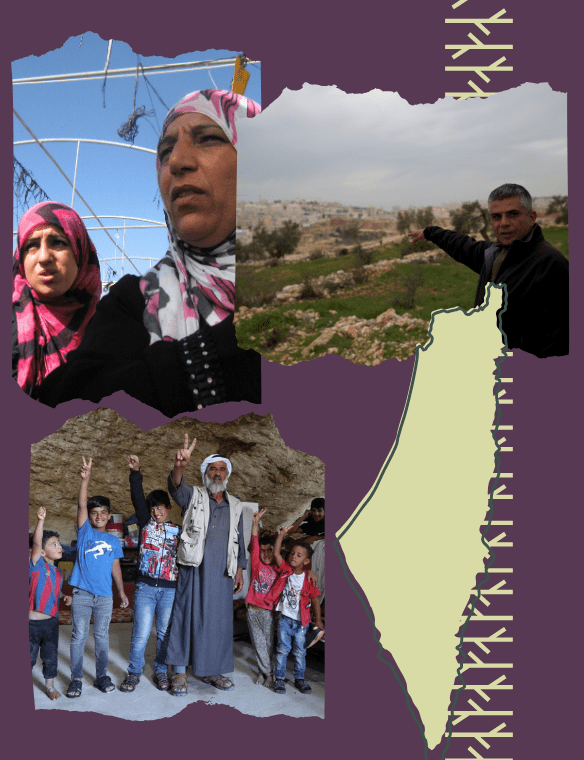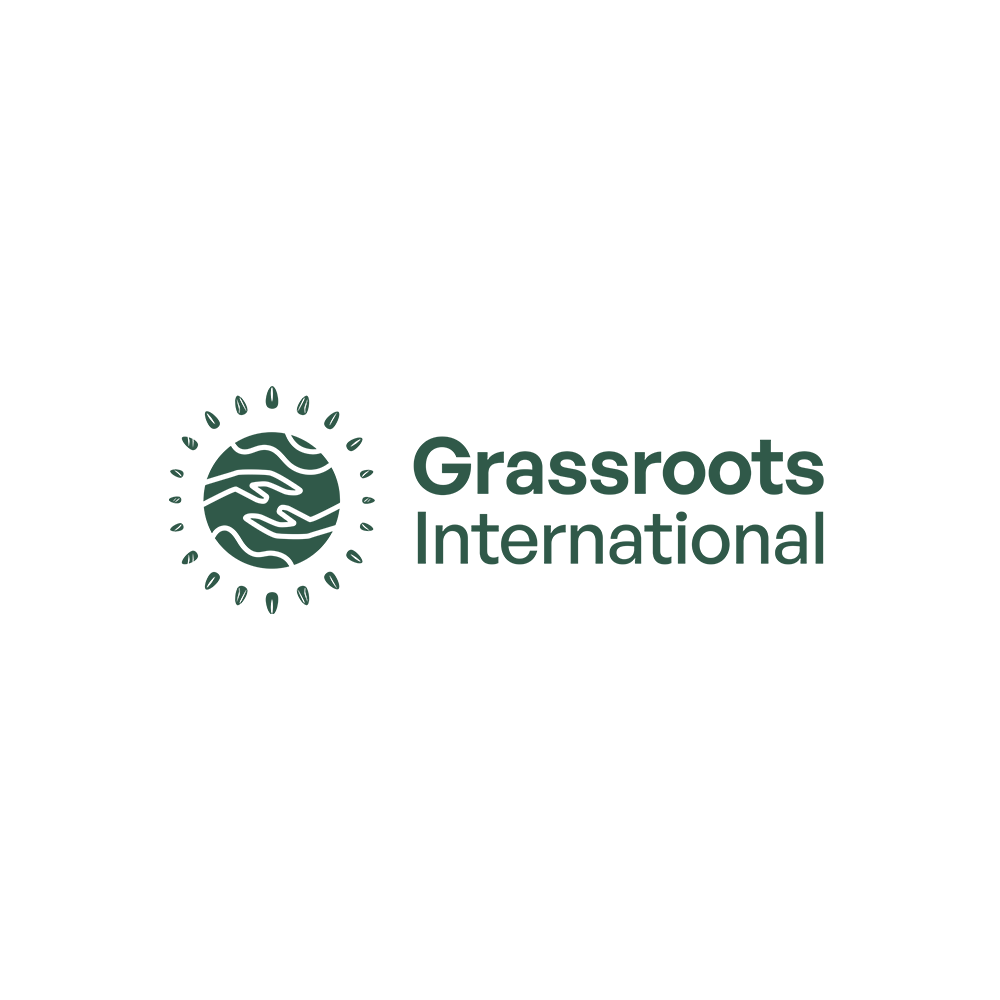
Middle East
Grassroots International’s solidarity philanthropy approach is intertwined with the history of its Middle East program. In 1982, during the intersecting crises of the Lebanese civil war and the Israeli invasion of Lebanon, US organizations were hesitant to build long-term partnerships with Lebanese and Palestinian organizations, or in some cases, even provide humanitarian relief in the short term. At the same time, civil society in Lebanon and Palestine sought to foster ties with communities in the US who could confront their government’s harmful policies in the region. To ensure a space in philanthropy for partnerships centered on solidarity and just transformation, Grassroots International opened its doors in 1983 with two founding programs, including the first iteration of its Middle East program.
The “Middle East" is not a neutral geographical term, but a colonial construct created in the early 20th century to describe a wide area of strategic interest to European and North American powers. Today, it encompasses a remarkably diverse region fragmented and scarred by more than a century of colonial rule and military intervention. Palestinian social movements are at the center of transnational efforts to forge futures of self-determination, freedom, and justice beyond the colonial realities imposed on them.
The Arabic word sumud, meaning “steadfastness,” captures the determination of generations of Palestinians to survive the Israeli government’s attempts to erase them. In 1948, almost three quarters of the Palestinian population in the areas that became part of the state of Israel were ethnically cleansed by militias during the Nakba, or “catastrophe.” The Nakba did not end, but evolved into a system of apartheid affecting all Palestinians. US military funding and diplomatic support for Israel uphold this system.
Grassroots International reinforces sumud through funding and solidarity, partnering with Palestinian-led organizations that protect land, territory, water, food sovereignty, and human rights, which are critical for achieving Palestinian self-determination. This includes work organized by and for Palestinian youth, farmers, women, community-based popular committees, human rights organizations, and mental health advocates.

